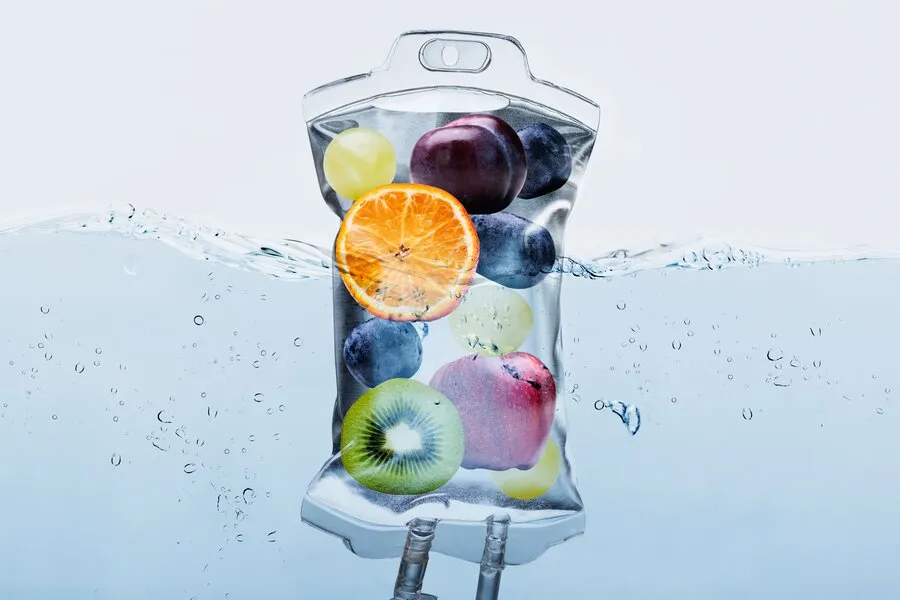Nutrition when undergoing dialysis

Now that you are beginning hemodialysis, there may be many changes in your daily life. Your doctor has probably told you that you may need to make some changes in your diet.
How well you feel will depend on:
- Eating the right kind and amounts of food.
- Having the hemodialysis treatments your health professional orders for you
- Taking the medicines your health professional orders for you.
Salt and Sodium
- Use less salt and eat fewer salty foods: This may help to control blood pressure. It may also help reduce fluid weight gains between dialysis sessions since salt increases thirst and causes the body to retain (or hold on to) fluid.
- Use herbs, spices, and low-salt flavor enhancers in place of salt
- Avoid salt substitutes made with potassium.
Meat and Protein
People on dialysis need to eat more protein. Protein can help keep healthy blood protein levels and improve health. Protein also helps keep your muscles strong, helps wounds heal faster, strengthens your immune system, and helps improve overall health. Eat a high protein food (meat, fish, poultry, fresh pork, or eggs) at every meal.
Why do you need guidance on dialysis diet?
The process of dialysis helps in removing certain waste products from body; however, it is important to keep these waste products in control between the two dialysis treatments.
Hence, it is important to select foods that are good for dialysis patients, for which you need correct dietary guidance
How can you benefit from guidance about dialysis diet
- With nutrition guidance, you can keep waste products under control
- Your Renal Dietitian can help you select foods wisely, as a result of which you can avoid fatal complications as well as lead a better quality of life on dialysis
How dialysis diet is different from a normal diet
- The difference is that a dialysis diet is usually:
- low in salt
- high protein foods
- at times low in fluids
- at times, low in potassium
- at times, low in phosphorus
- Kidney diet/ renal diets are cautiously individualized and require a careful quantification of the above nutrients to keep kidney health in check
- This can be done by a Qualified Renal Dietitian
Questions I get asked the most
Each individual is different, although some foods to avoid typically include:
- Chocolate
- Pickles
- Bacon
- Processed foods
A specialized Clinical Dietitian can help you with the meal plan based on your food preferences and needs. Therefore a dialysis diet low in sodium, protein, liquids, and potassium can cut down on waste in the blood. It can also help promote kidney function and, in some cases, even slow the progression of CKD.
Constipation is common in all dialysis patients for different reasons, including restrictions on how much fluid you can drink. You may find increasing fiber and probiotics in your diet for more natural remedies to resolve constipation. However, foods that are high in fiber and some probiotics tend to be very high in Potassium and Phosphorus. Your dietitian can help you with a daily meal plan that is high in fiber while avoiding high Potassium and Phosphorus levels. There may also be some over-the-counter remedies that may work better for you than a stool softener.
Always speak to your doctor and renal dietitian before adding any OTC medicine or supplement to your daily routine.
There can be many reasons for the lack of energy. Many dialysis and non-dialysis patients can be sluggish due to a lack of exercise. Low activity can decrease alertness as well as cause constipation which can slow you down. Your dietitian and doctor can help discover the root cause of the lack of energy.